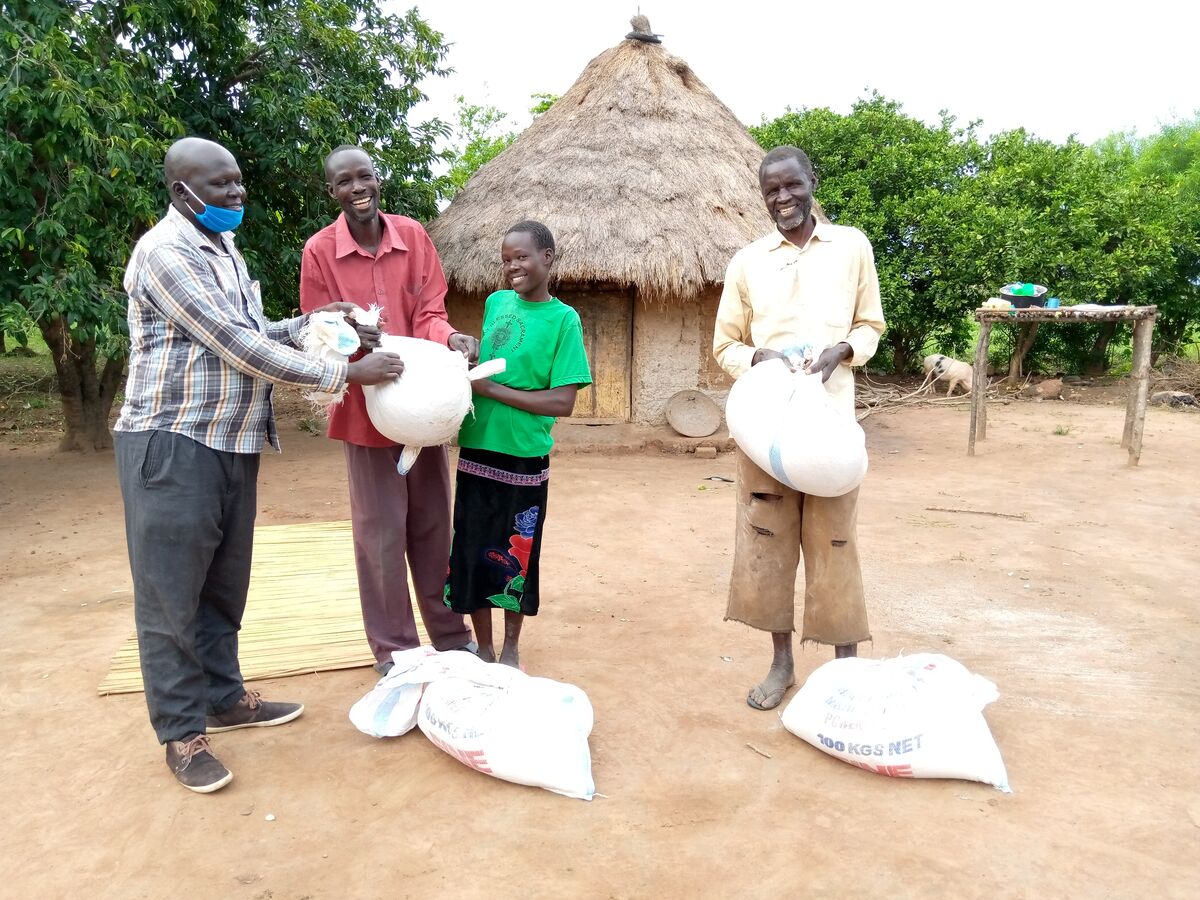More than
children served
More than
church partners
Serving since
In Uganda
This video was released in July 2022.
If you've been inspired to sponsor a child from Uganda, visit our sponsorship page.
Pray with us for:
Bark cloth is a traditional Ugandan textile made by pounding the bark of a fig tree. It can be used to make clothes as well as hats, bags, decorations and more.
Child sponsorship with Compassion is a unique opportunity to provide a child with food, clean water, shelter, clothing and medical care.
After she decided to become a Christian, Hajarahh was abandoned by her husband. Unable to pay for rent and other basic necessities on her own, Hajarah was evicted from her home and forced to sleep in the bush wit

Compassion UK Christian Child Development, registered charity in England and Wales (1077216) and Scotland (SC045059). A company limited by guarantee, Registered in England and Wales company number 03719092. Registered address: Compassion House, Barley Way, Fleet, Hampshire, GU51 2UT.